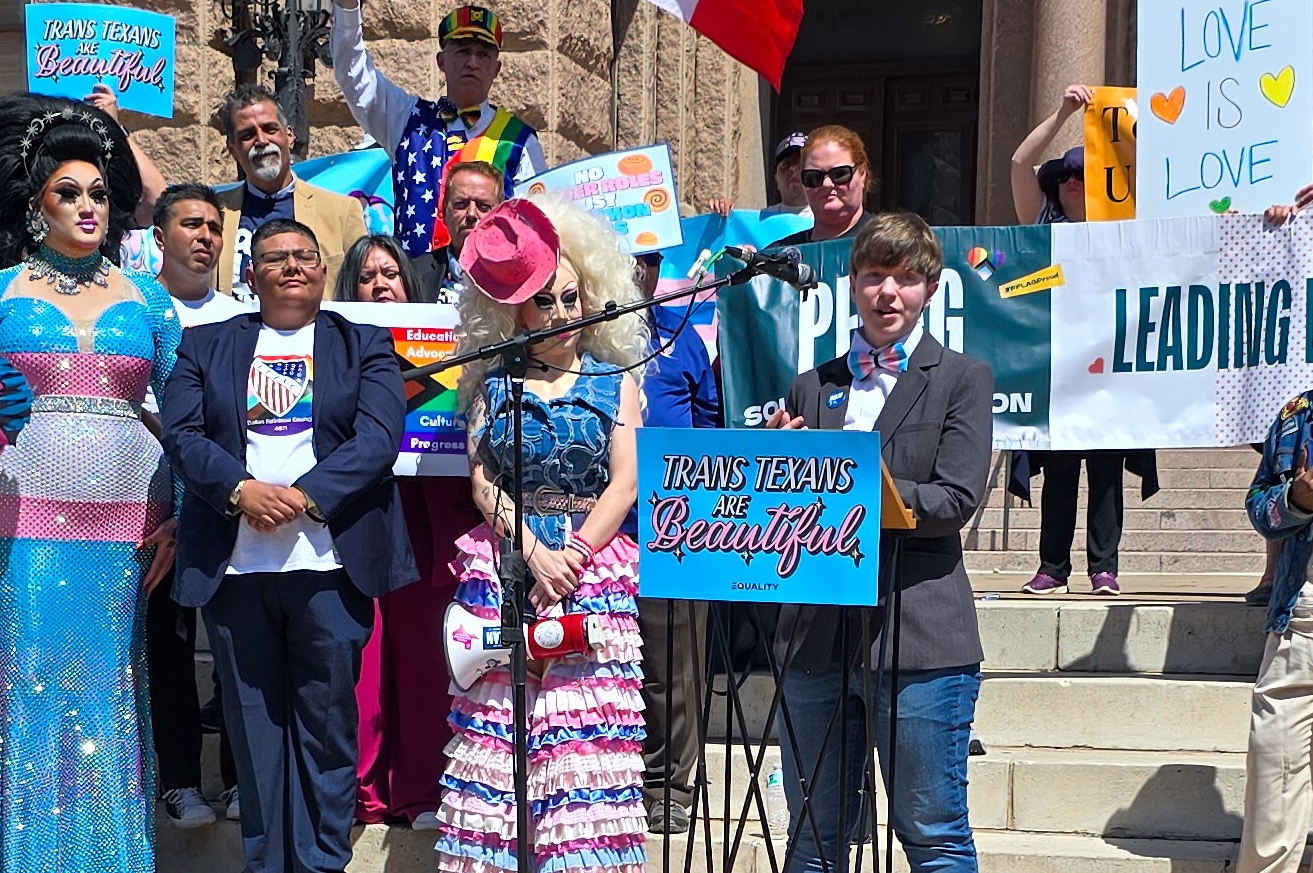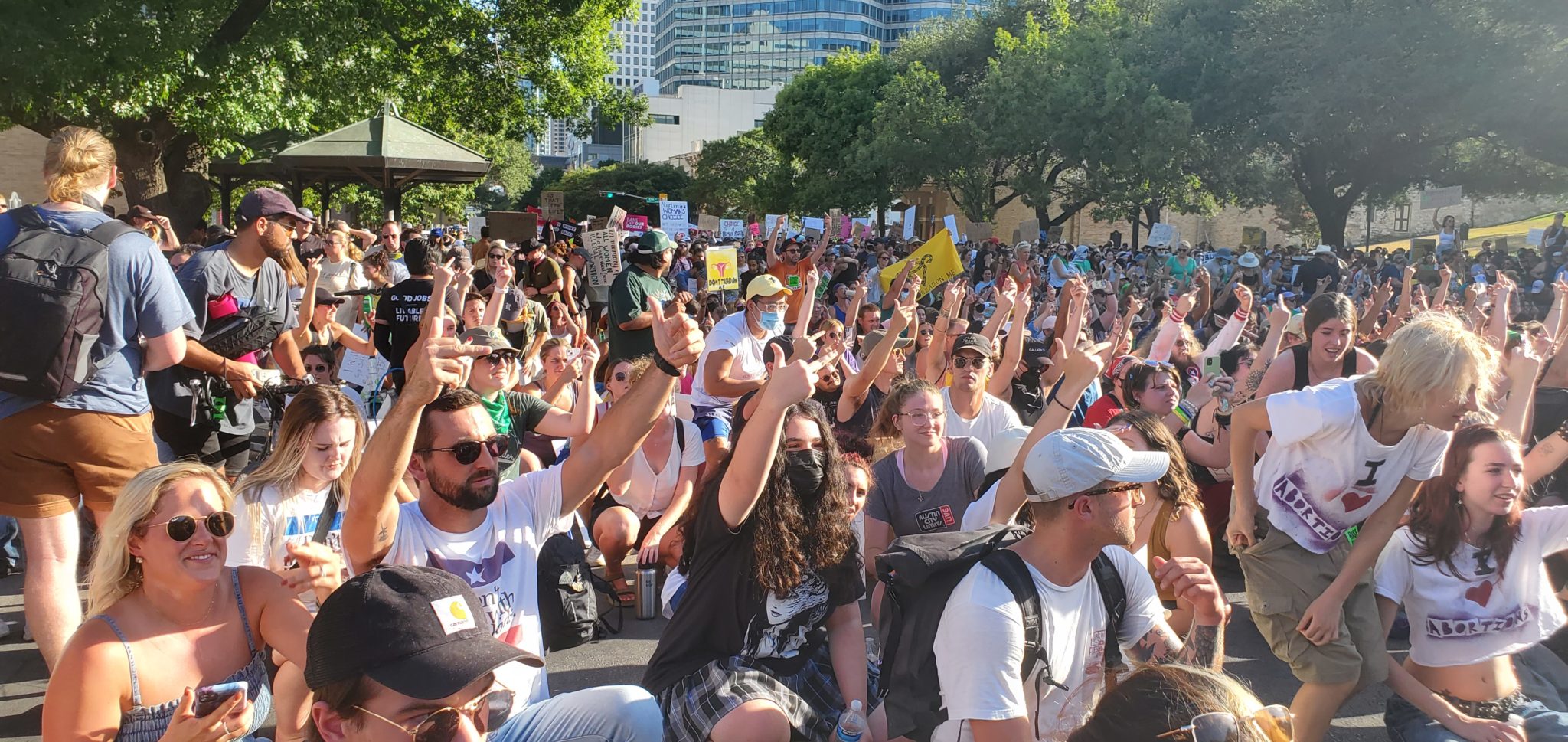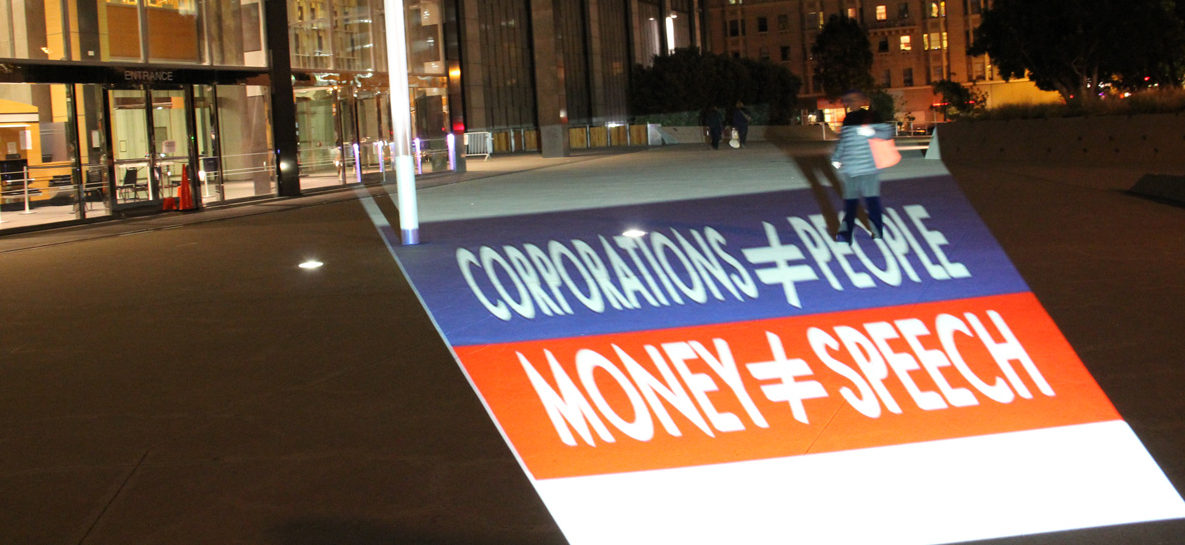Even as the world tries to batter them down, trans and gender nonconforming young folks are still out here, being themselves. As one mother of a trans teen told me recently, these kids are “choosing authenticity” in the face of ruthless attacks on their personhood.
I recently interviewed two different mothers of transgender teenagers for an Austin Free Press article on “Skrmetti,” the devastating Supreme Court decision which upholds bans on gender-affirming healthcare for minors. With 27 states having some form of ban or restriction on gender-affirming care for minors, it reinforces a profoundly unequal landscape where, in over half the country, vital forms of medicine are simply unavailable to so many.
It breaks my heart that in this, and many other ways, we’ve failed these young generations of trans and queer folks. Just as we were coming into a world where we had the vocabulary, and the social support in place for kids to come out of the closet, the fascists in charge want to shut it down and force them back inside.




